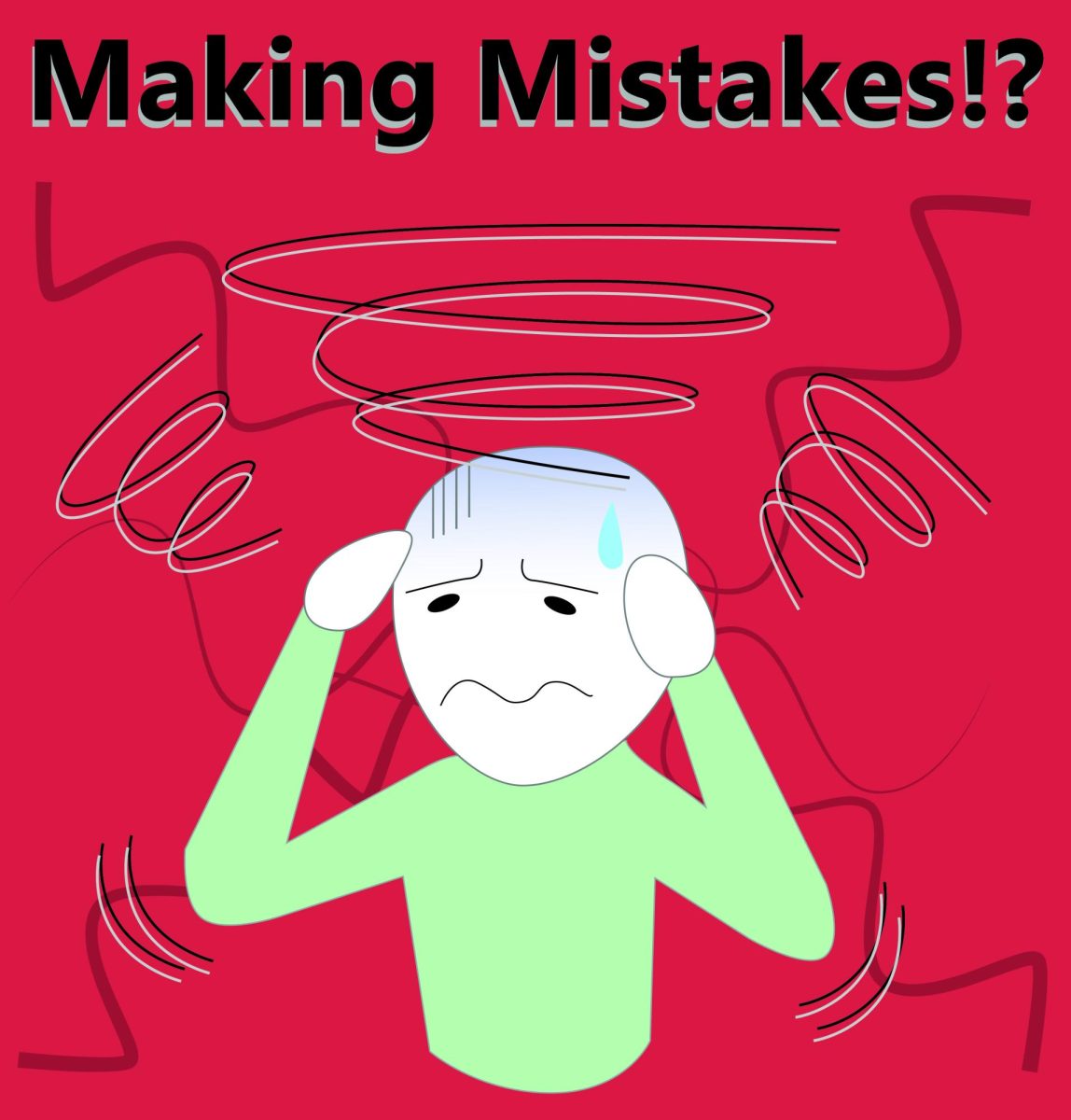By Andrew Walter
Often rumored to be ineffective and a hassle, online courses seemingly get a bad rap from the general student body.
Most if not all of my peers claim that online classes are poorly structured and paced, have confusing layouts and are not engaging.
This train of thought can be misleading.
In reality, online courses can provide an excellent alternative learning method for students who are well-disciplined and have tight schedules.
Flexibility is an added bonus, as a potential student would not have to regularly go to a traditional classroom and burn through an hour or more of their time.
I understand the frustrations associated with web-based coursework. Many of us have occasionally had bad experiences with courses offered online.
Whether the problem was an unresponsive professor, tests that did not cover any of the study material or an amalgamation of similar problems, stories like these are common amongst students who have taken one or two classes online.
But problems like this sound eerily familiar to those sometimes encountered in traditional classrooms. I have not met anyone who claims all face-to-face classes are troublesome and a waste of time. So, why is it then that many students are quick to dismiss the benefits of online learning?
One explanation could be that these students took an online class in a subject they had little experience in or were not confident in.
I’ve overheard some classmates complain about how much they dislike math, then say they took a math class online and had a negative experience. In this case, taking a course online for a subject they struggled in was probably a poor decision.
As someone who has taken seven classes online, my best advice for a student who wants to try taking an online class would be to start with one class worth three credit hours or less, and then gradually work toward taking a class in an area of study they enjoy.
Some examples of classes I have taken online include art appreciation, introduction to computing and general psychology.
Most of these classes are not widely considered to be difficult, and therefore make good candidates for first-time online classes.
Another flaw with complaints against online classes is that many of the accusations can be largely attributed to external factors.
Many students will not willingly admit that they did not manage their time properly, keep up with a course calendar or pay attention to important details listed in a class syllabus.
Once again, these criticisms also exist with traditional classrooms, if not on a larger scale.
Is it just me, or does there seem to be a pattern here? Here’s the real deal: Online courses are not for everyone.
They can require more dedication than the average on-campus class.
They will not always be as effective for people who like to have a professor who is physically present. They will even contain their own odd quirks and annoyances.
What online classes are typically successful at is providing freedom for the student.
More often than not, professors who teach online classes are willing to work with busy students who have busy schedules.
Online classes should not be the only kind a student takes, but they certainly deserve more praise than they usually end up getting.
— Andrew Walter is an engineering major
and a reporter














